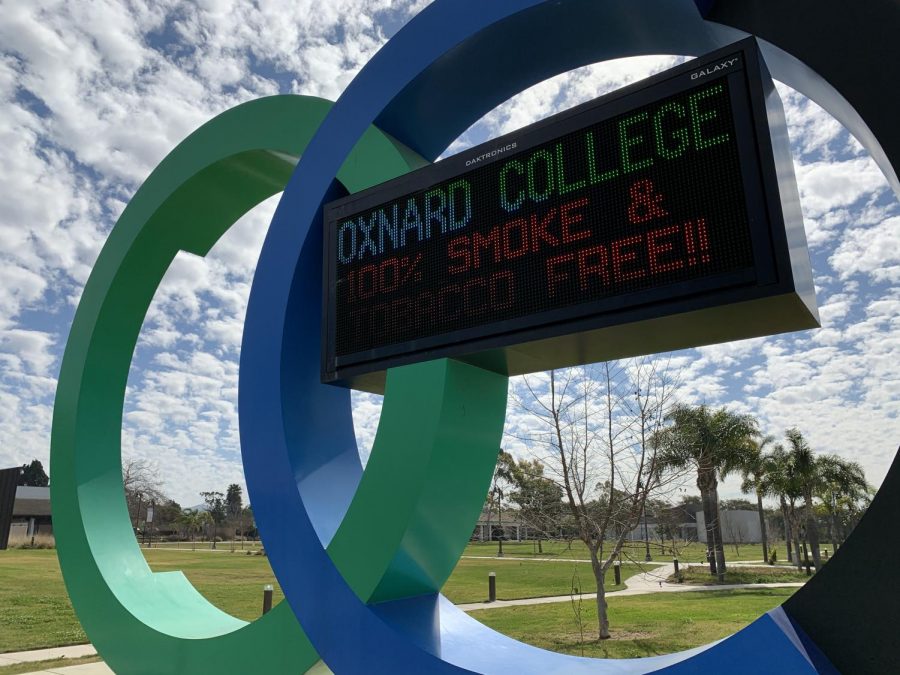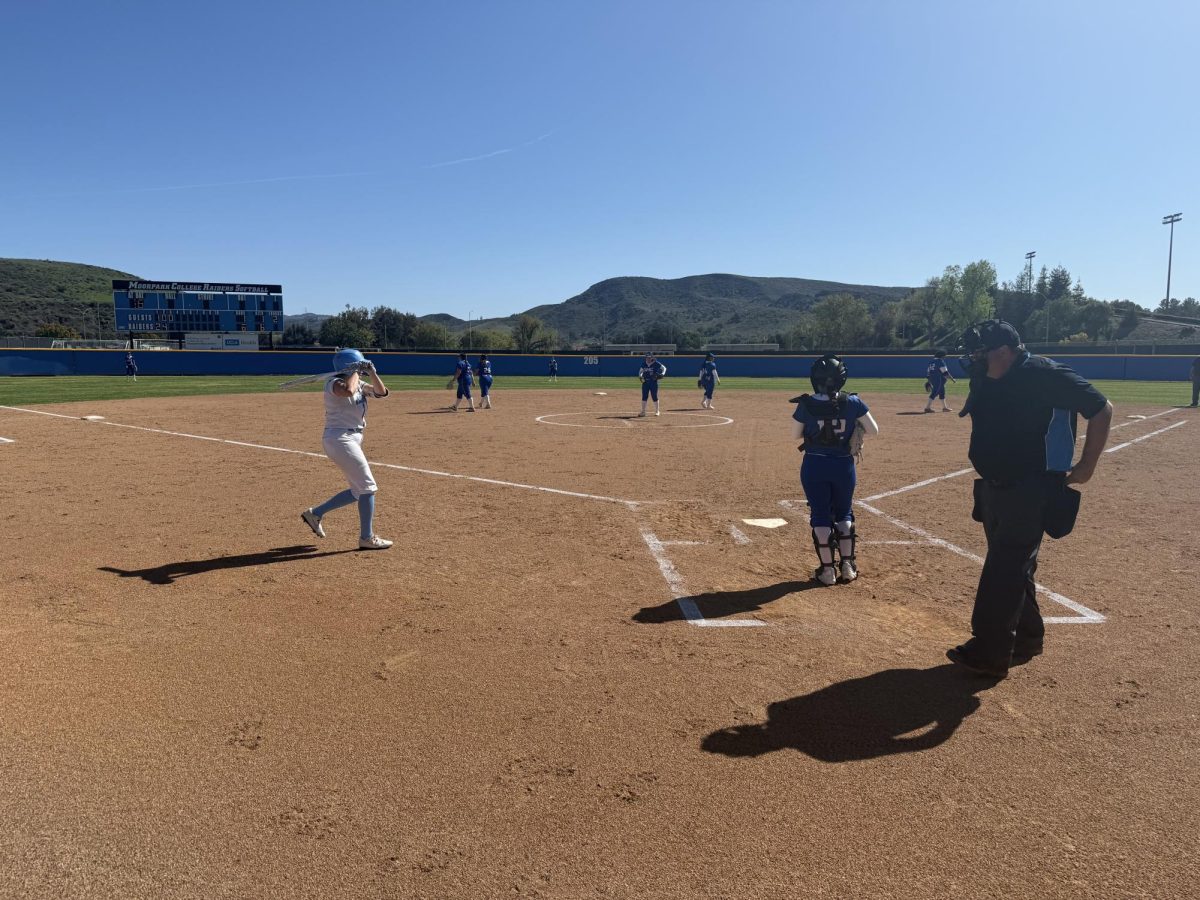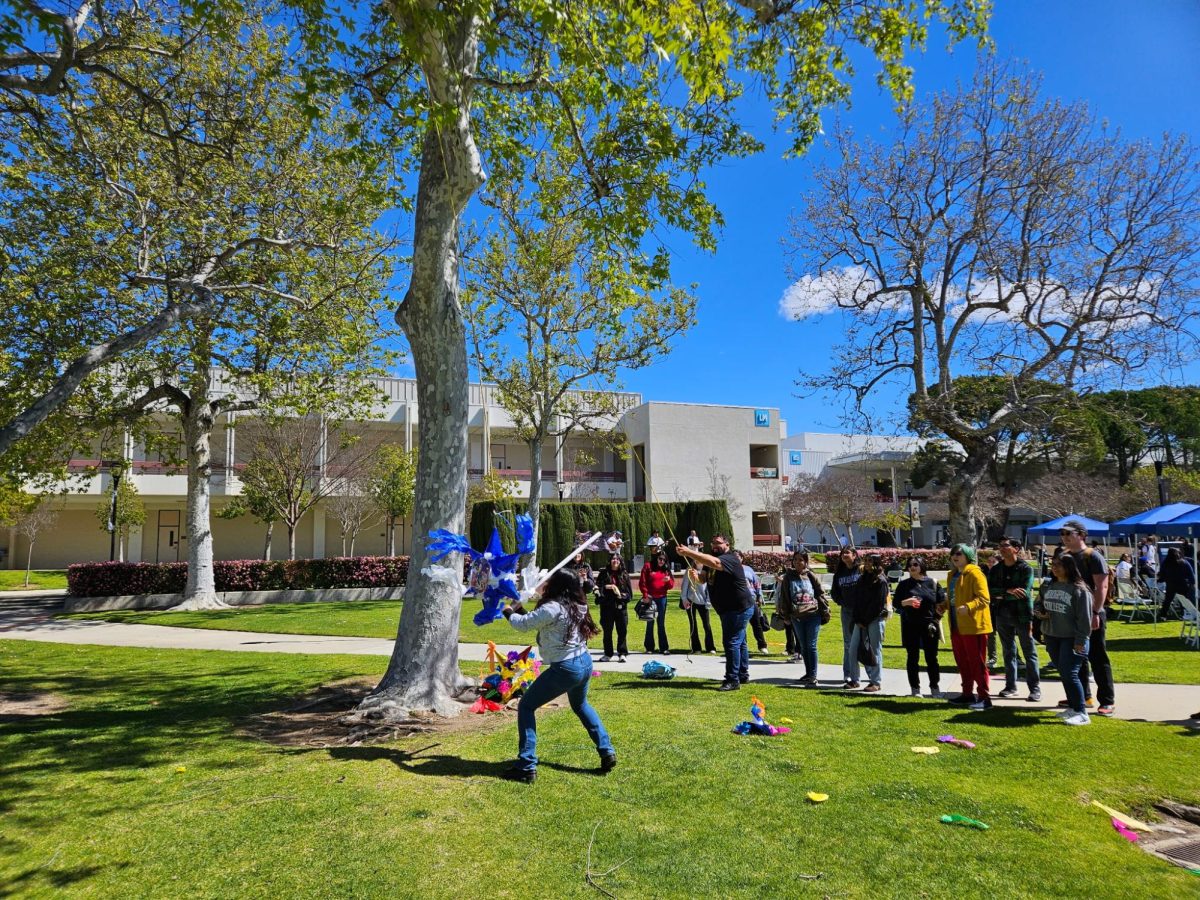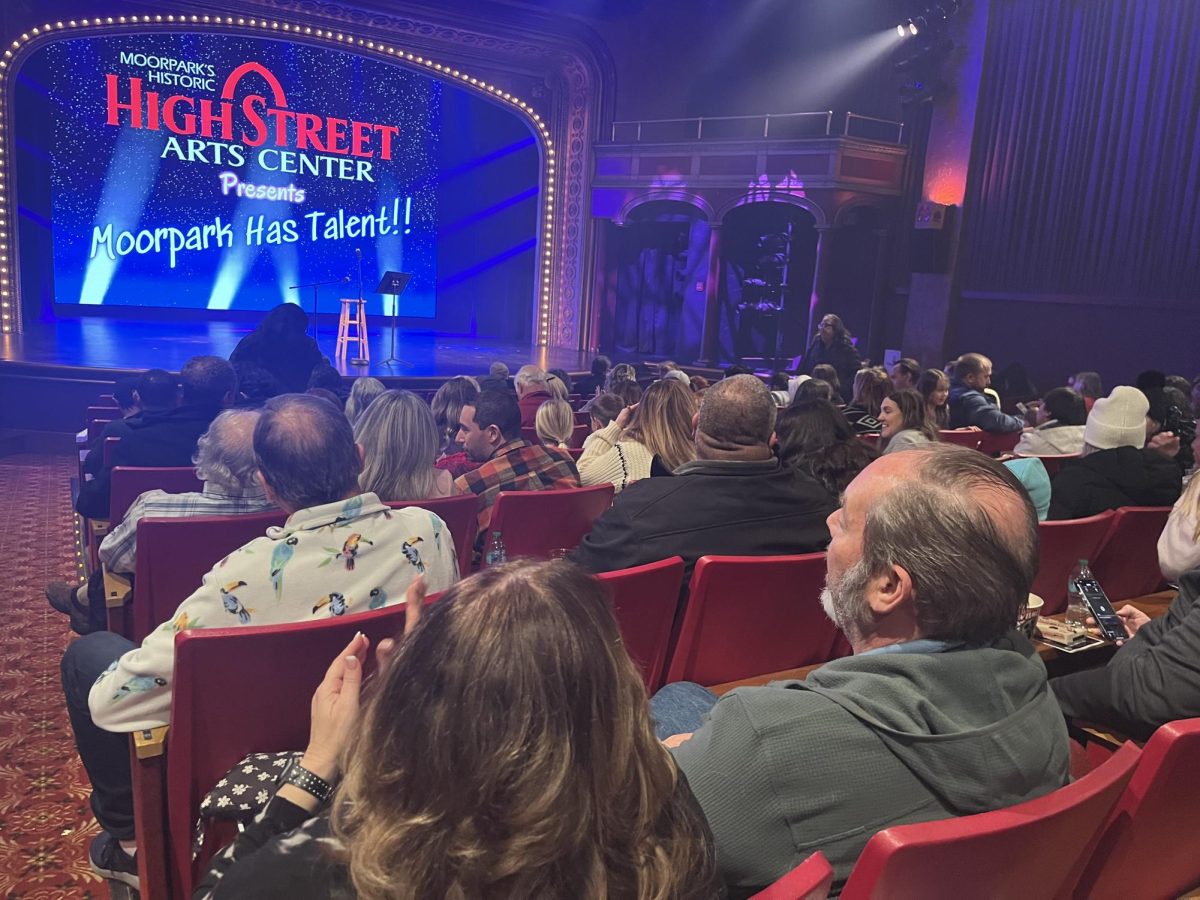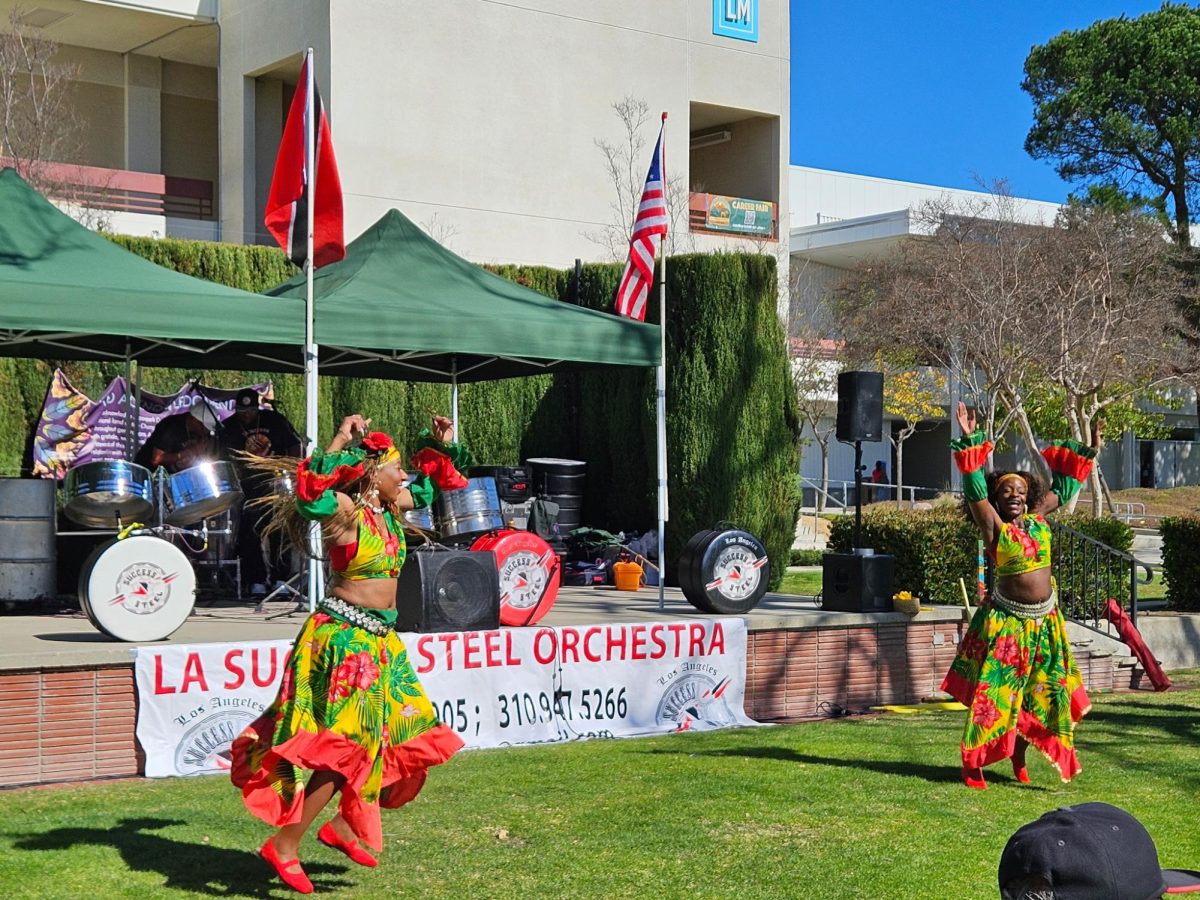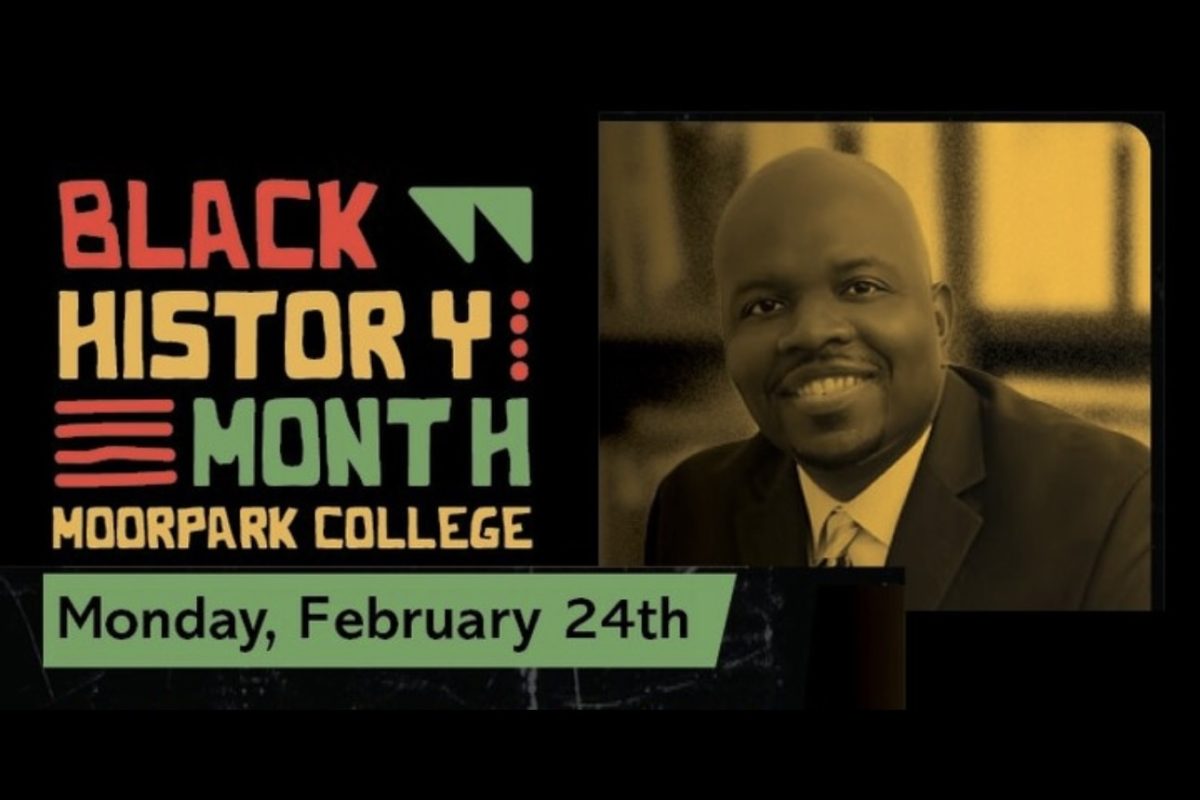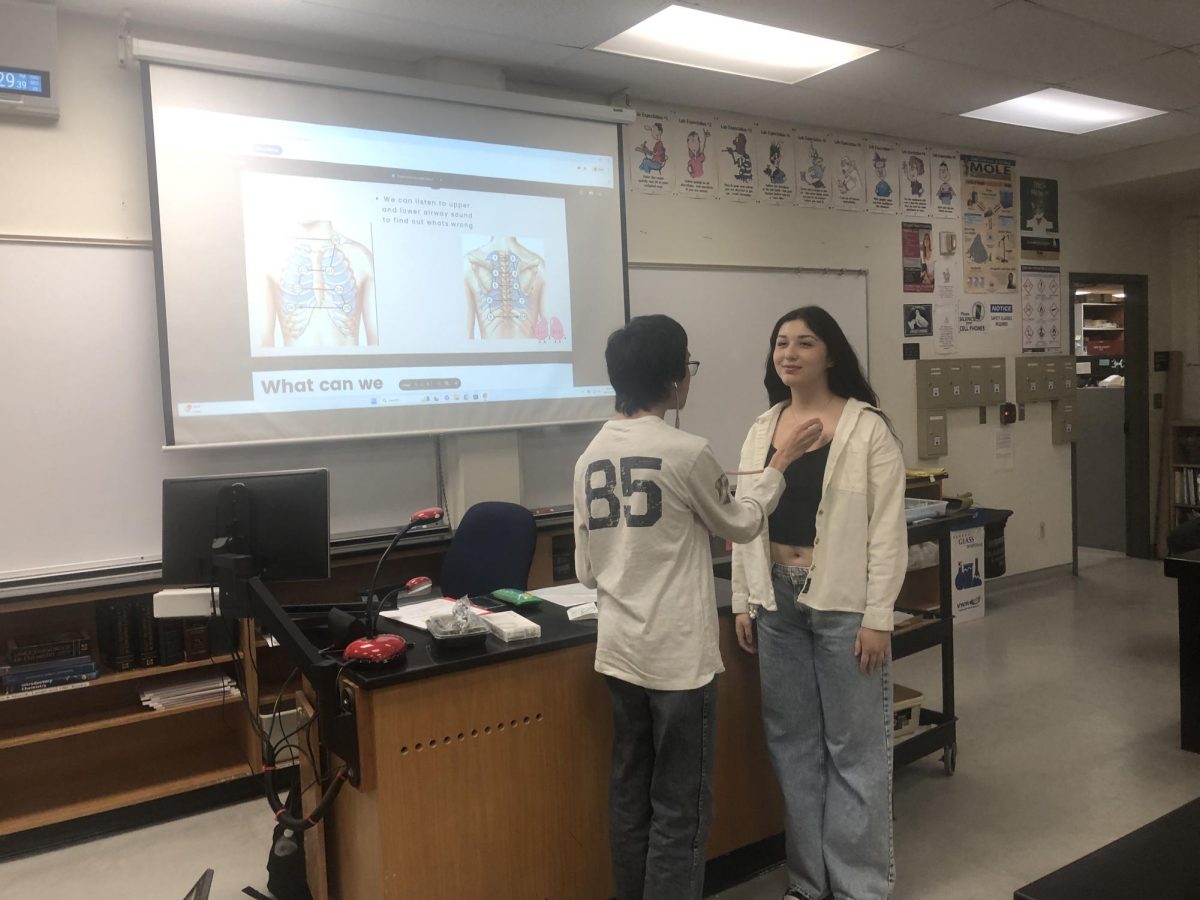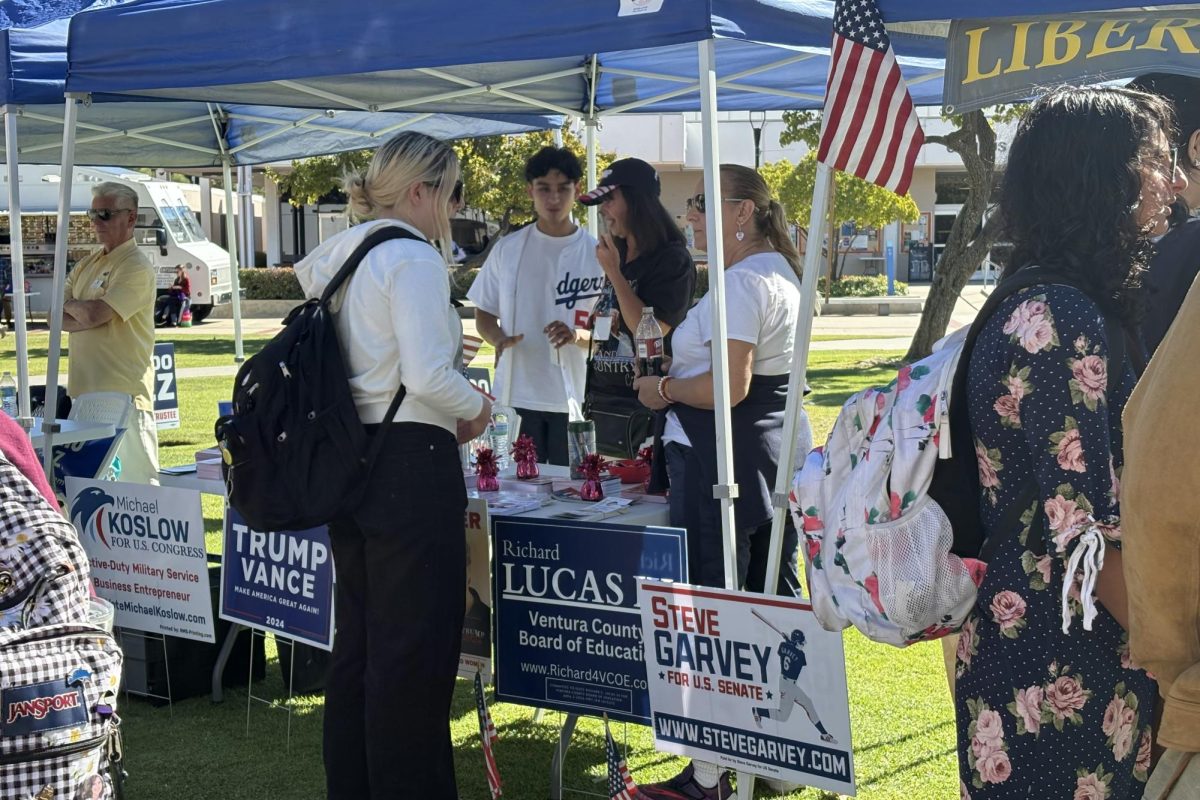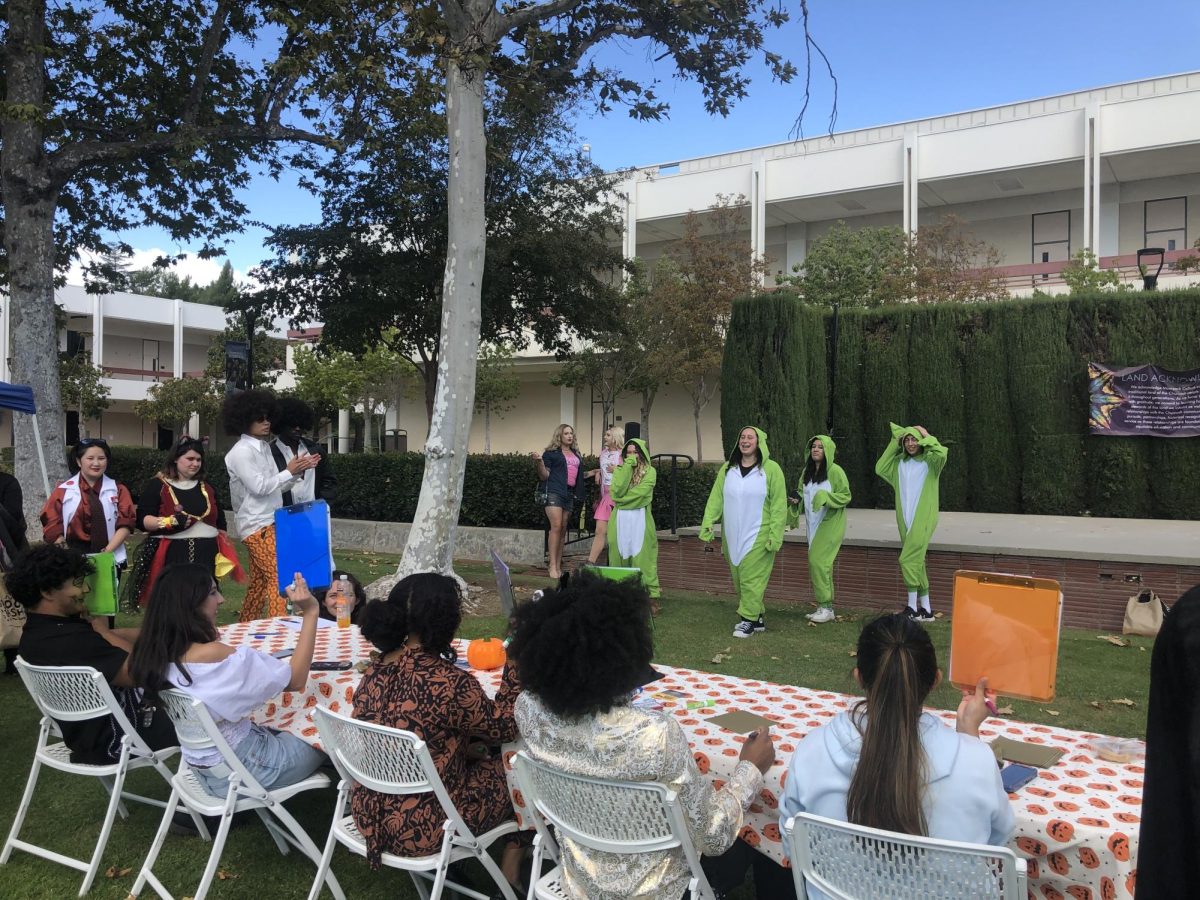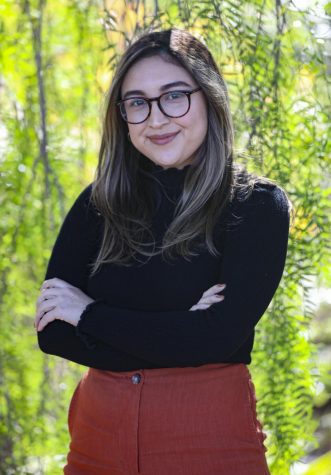Oxnard College’s Associated Student Government hosted civil rights activist Angela Davis, PhD for a live-streamed conversation on Wednesday night about the abolition of prisons, the prison-industrial complex and the police, the importance of ethnic studies and the Black Lives Matter movement. Over 500 people logged on via Zoom and Youtube to watch and ask questions.
Davis is an activist, an author and an educator. According to the National Archives, Davis garnered national attention in 1969 when, at the behest of then-Governor Ronald Reagan, she was fired from her job as a professor at the University of California, Los Angeles for her ties to the Communist Party.
This decision was overturned soon after by a judge who found this decision unlawful but was fired again in 1970. Reagan expressed his interest in barring Davis from ever teaching in the UC system again. Davis is currently a professor at the University of California, Santa Cruz.
One of her former students, Dylan Rodriguez, introduced her to the panel by cautioning against calling her a historical icon, as she is wary of this title, but instead referred to her as a teacher.
The talk was originally scheduled for May 3 but was rescheduled to May 12 after requests from Rodriguez to honor the Cops Off Campus Coalition’s May 3 national day of refusal. This day of refusal meant not attending classes, or other school-related activities, to advocate for the abolishment of police on school campuses.
“As a person who has never before crossed a picket line, I was not prepared to cross the virtual picket line,” said Davis. “So thank you so much for rescheduling this conversation.”
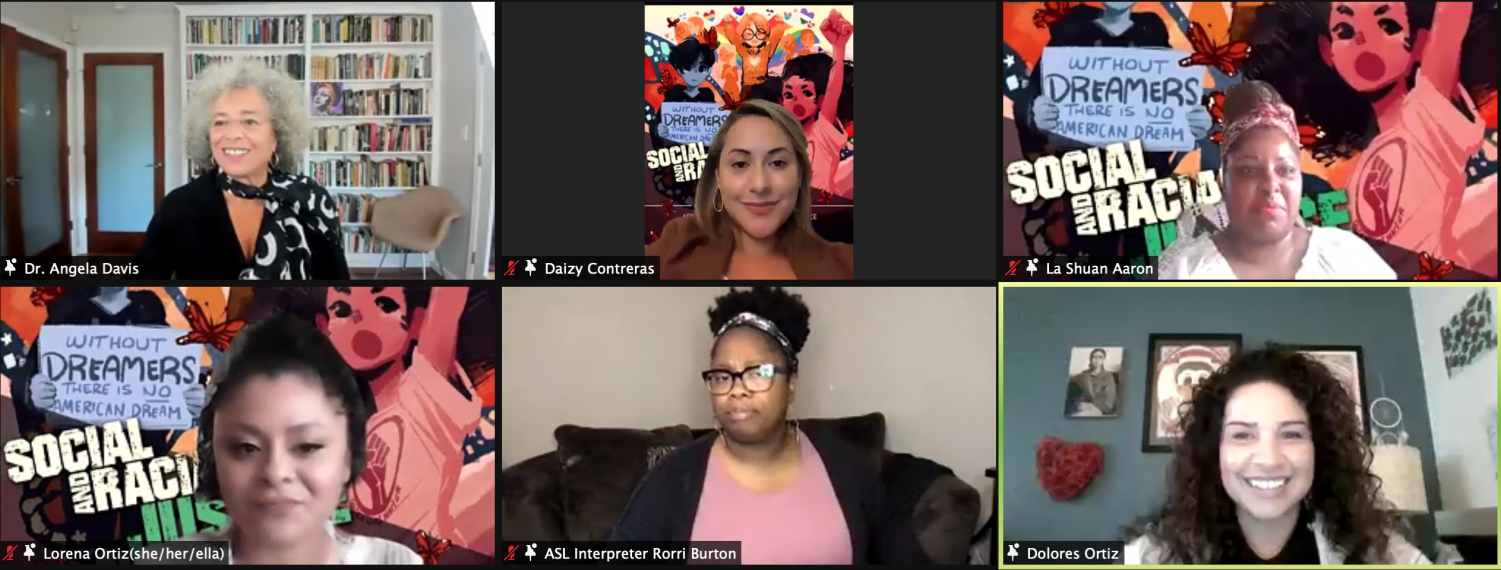
A round table of questions was asked by Lorena Ortiz, president of ASG, Daizy Contreras, public relations officer for ASG and La Shuan Aaron, a student at Oxnard College. There were also two American Sign Language interpreters taking turns translating the exchange for viewers.
Abolition
Davis is a strong proponent of the abolition of institutions such as prisons, the prison-industrial complex and police. When asked by Contreras about how this could affect communities of color, Davis talked about how previous failed efforts of reforms should indicate that these institutions are not reformable and further hurt communities of color through mass incarceration and police violence.
“If we can’t reform them, shouldn’t we look for something else?” questioned Davis. “The failure of reform should persuade us that we need to imagine new ways of being safe in the world”
Davis highlighted the importance of not only abolishing the police and prisons, but also detention centers and border police.
“When we speak about abolishing the police, we have to highlight the border police and ICE,” said Davis.
Davis also discussed how, in the meantime, policy changes are important to social justice. She commended Oxnard for ending gang injunctions back in January, and suggested that this is just one way in which citizens can put pressure on institutions and challenge the system.
Ethnic Studies
“This has been the year of the worldwide social justice movement. One of the biggest ones,” said Ortiz. “And it’s important to note other cultures as well.”
Ortiz asked Davis about the role ethnic studies plays in the decolonization of the United States, as Davis has previously taught as a professor of ethnic studies.
“Ethnic studies is really important because it helps us to understand the interconnections, the importance of decolonization and the importance of challenging racial capitalism,” said Davis. “Racial capitalism rests on colonialism and the genocide of indigenous people and slavery.”
Davis also noted the controversy of the ethnic studies curriculum that was adopted for California high school students back in March, where Davis recalls the dispute over Arab American history being excluded from the core curriculum. Davis attributed this to the power of the Israeli lobby and reiterated the importance of solidarity with the oppressed.
Black Lives Matter Movement
Aaron asked Davis about the similarities between how Black Panther organizers were treated by the public and various institutions compared to Black Lives Matter activists and leaders.
Davis mentioned what she described as the obvious parallels being the surveillance of organizers and the violence perpetrated by police against activists.
When asked by an audience member about how leaders of contemporary social justice movements can effectively lead communities, Davis talked about the importance of collective and diverse leadership while highlighting the work and philosophy of civil rights activist Ella Baker.
“We do not need charismatic, individualistic figures,” stated Davis. “We need to encourage grassroots leadership; we need to encourage collective leadership; we need to encourage women’s leadership.”
Ortiz ended the conversation by thanking Davis as well as the grassroots organizers in the Ventura County community.

